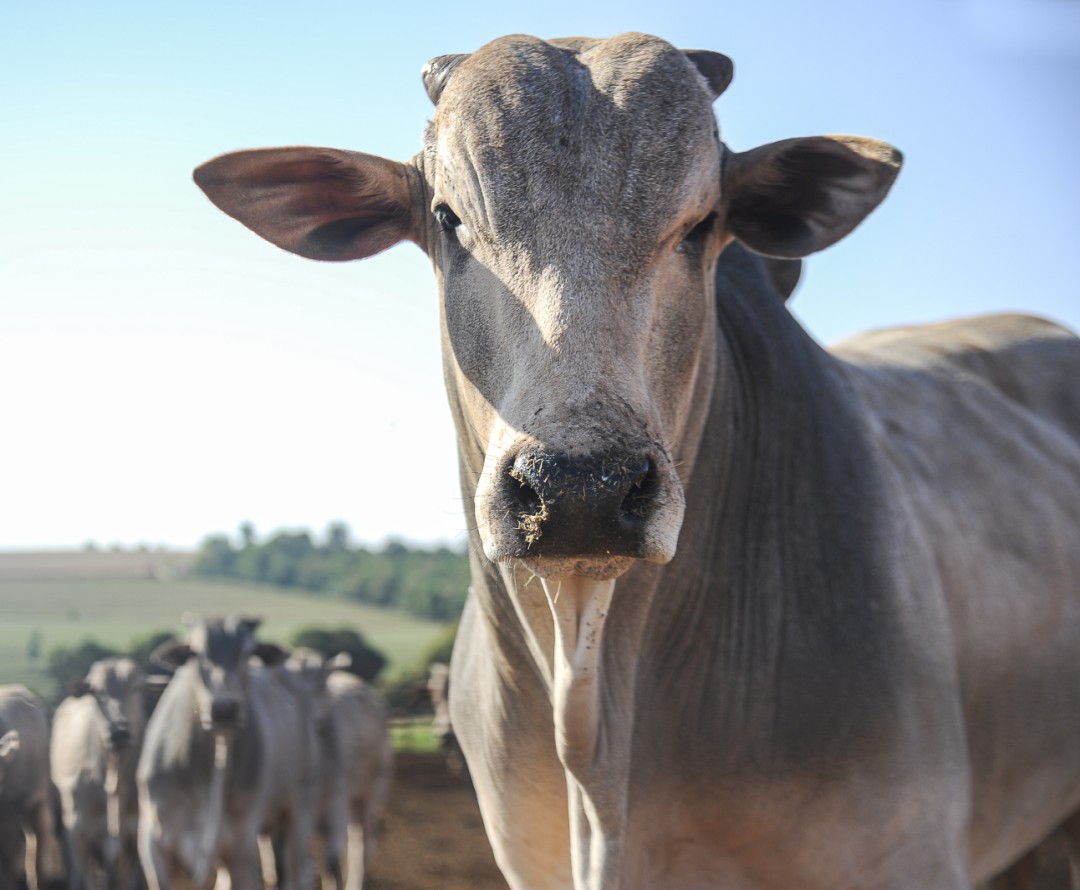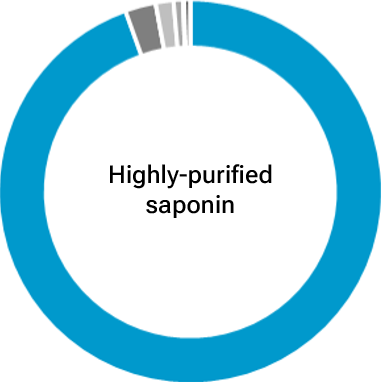The incorporation of adjuvants in vaccines is essential to enhancing immunogenicity, ensuring robust and long-lasting immune responses. Because adjuvants influence the performance of vaccines, both for human and veterinary vaccines, they must be manufactured under cGMP conditions. Formulations of adjuvants and antigens are specific, for this reason, no adjuvant is approved as a medicinal product per se, only as a component of a particular vaccine.
Q-VANT continuously refines the manufacturing process to provide more control and less variation of product parameters, down to the same level of other vaccine components such as the antigen, which generally represents the highest cost and component in a vaccine.
The quality requirements of adjuvants include the control of impurities like endotoxins that are not easily reduced throughout the process, therefore, implementing Good Manufacturing Practices begins with the starting materials.

Q-VANT’s manufacturing process permits compliance with the cost per dose of vaccines destined to global public health immunization programs.

Quality and Regulatory Requirements for Veterinary Vaccines
The European Union has provided additional guidance for veterinary vaccines, narrowing the regulatory gap with human vaccines, notably by identifying an adjuvant by the trade name and not the substance name. Certification of Good Manufacturing Practices is becoming more relevant. Clinical trials started to be registered in USA, Canada, and EU.

